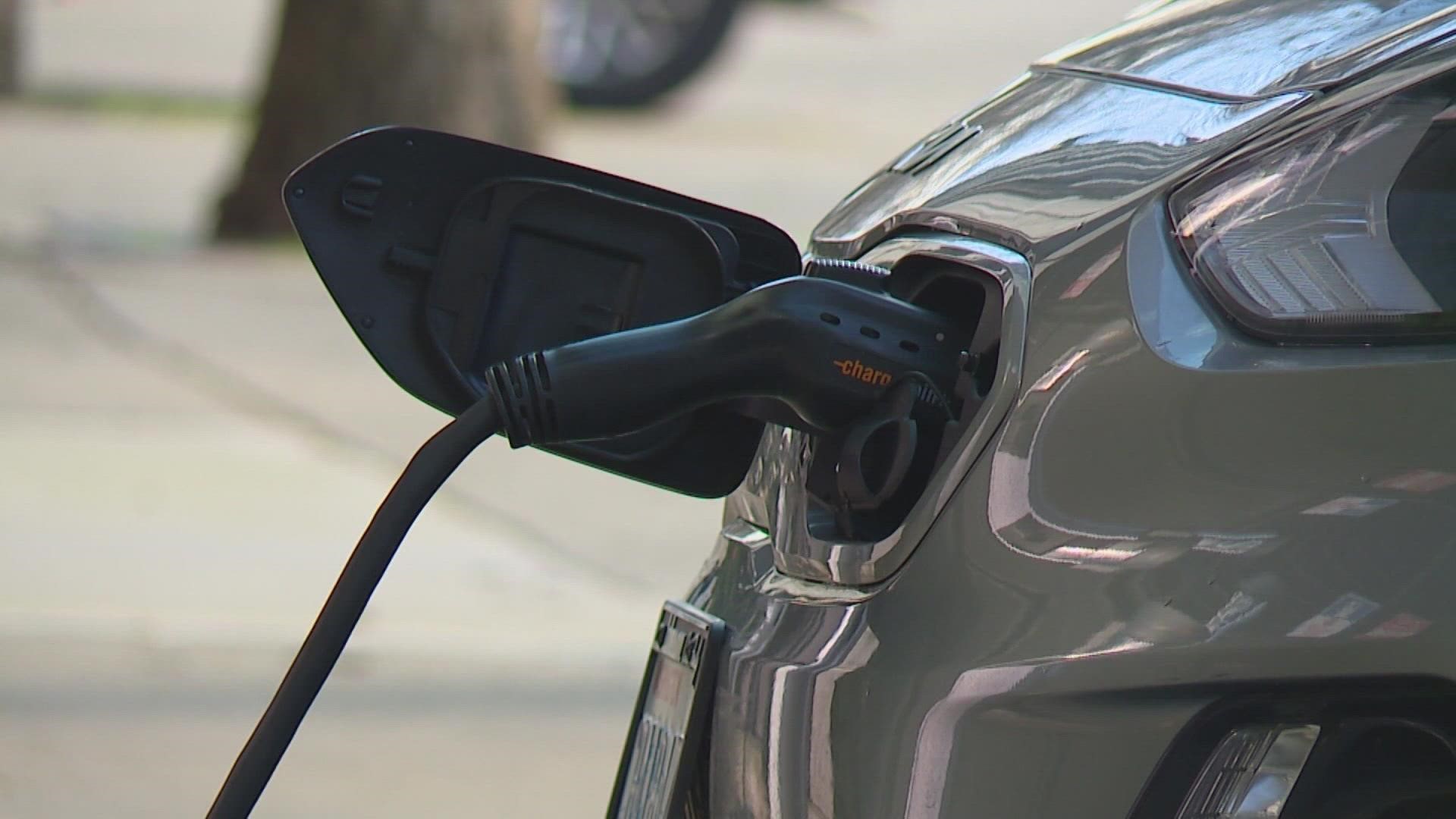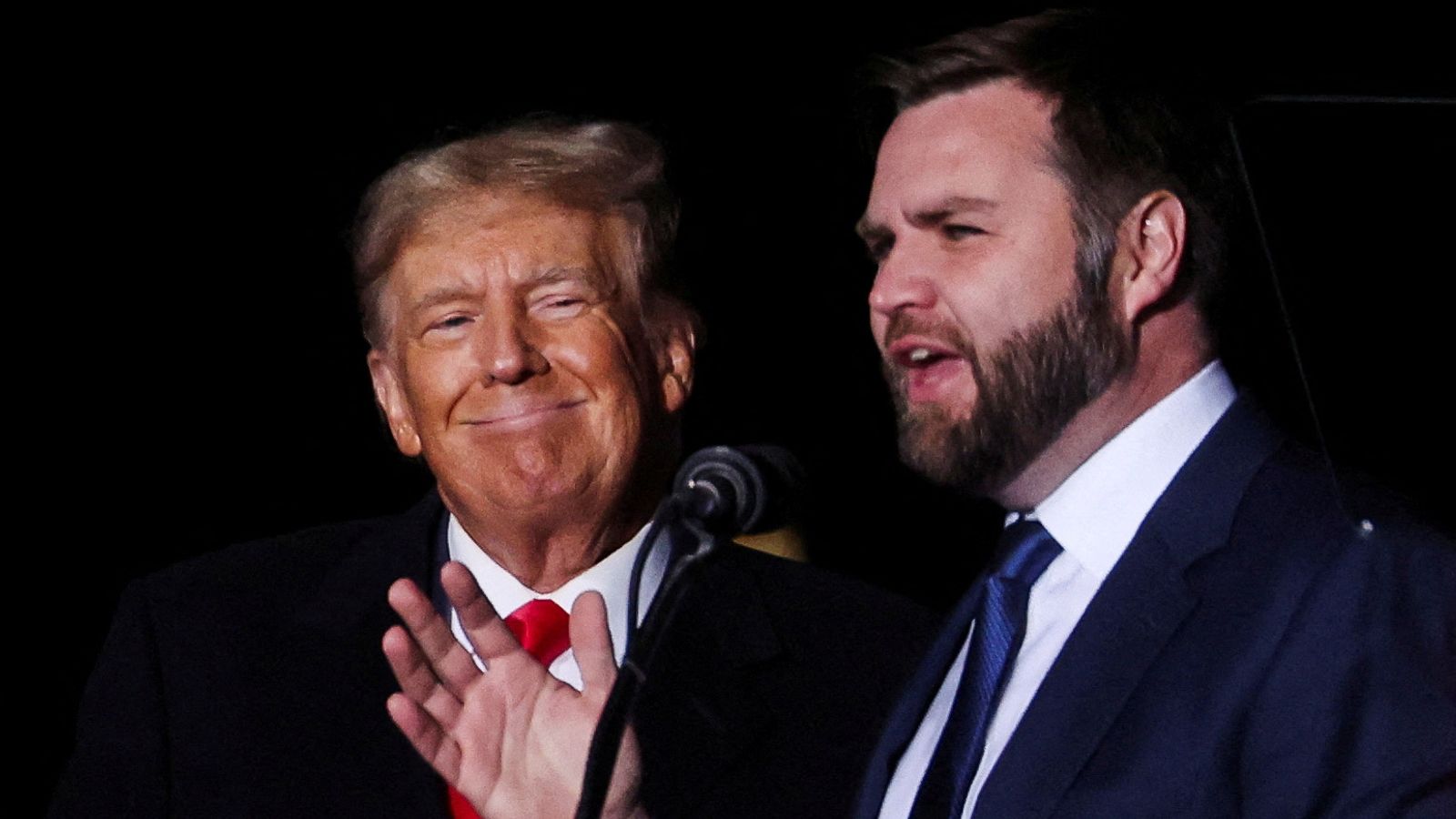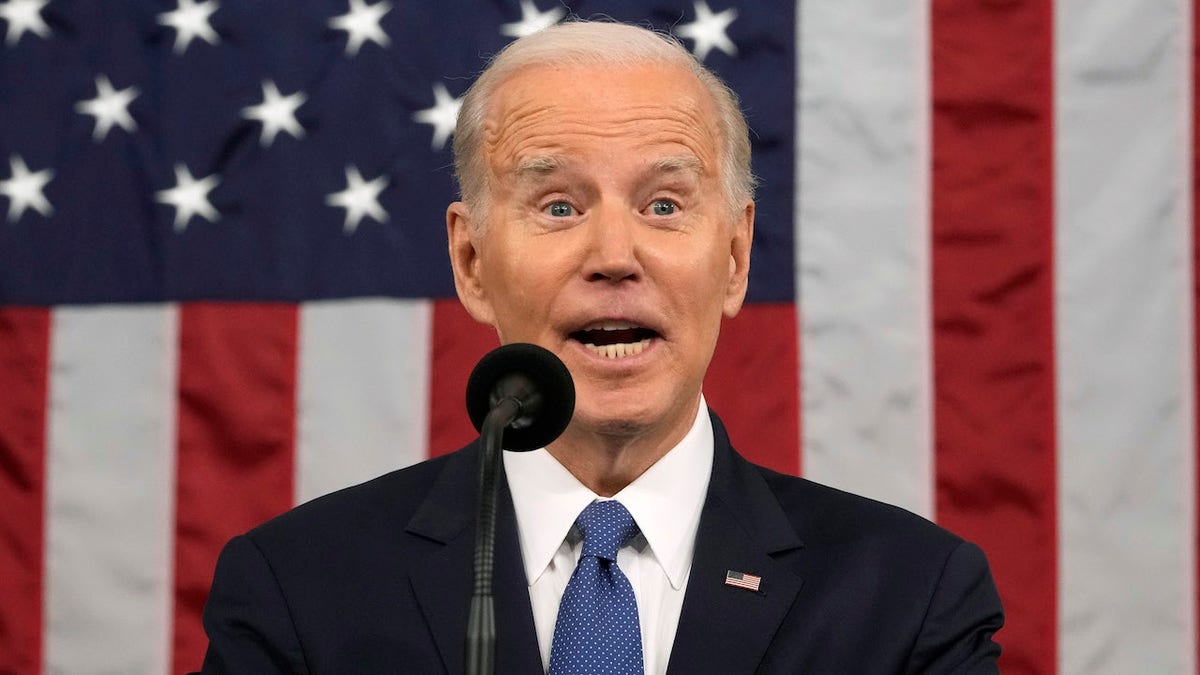Car Dealerships Renew Their Resistance To Electric Vehicle Regulations

Table of Contents
Financial Concerns and Shifting Business Models
The transition to EVs presents significant financial challenges for car dealerships. The upfront investment required is substantial, encompassing employee training, infrastructure upgrades, and a shift in inventory management. Profit margins are also a key concern. Unlike internal combustion engine (ICE) vehicles, EVs require less frequent and less extensive maintenance, directly impacting the lucrative service revenue stream that traditionally sustains dealerships.
- Higher initial investment: Dealerships must invest heavily in EV charging stations, specialized tools for EV repair, and updated diagnostic equipment. This represents a considerable capital outlay that many dealerships may find difficult to justify in the short-term.
- Lower service revenue: EVs have significantly fewer moving parts than ICE vehicles, resulting in less frequent maintenance and repair needs. This translates to a considerable reduction in service revenue, a crucial component of dealership profitability.
- Market uncertainty: The rapid pace of technological advancement in the EV sector creates uncertainty regarding future technology adoption and market demand, making long-term investment planning challenging.
- Competition from Direct-to-Consumer Brands: The rise of direct-to-consumer EV brands like Tesla is further eroding the traditional dealership model, bypassing the established network entirely.
Lack of Training and Expertise
Another key obstacle to EV adoption among dealerships is the lack of skilled technicians capable of servicing and repairing these complex vehicles. Specialized training is essential, but the availability of such programs is limited, creating a significant bottleneck in the industry's ability to transition.
- Shortage of EV-specific training: Existing automotive technician training programs often lack the comprehensive EV-specific curriculum required to address the unique challenges of electric vehicle repair.
- Limited availability of tools and equipment: Specialized tools and diagnostic equipment for EV repair are expensive and not readily available, further hindering the ability of dealerships to effectively service EVs.
- Resistance to new technologies: Some technicians may be resistant to adopting new repair methods and technologies associated with EVs, adding to the skill gap.
This lack of expertise not only impacts efficiency but also poses safety concerns. Improper repairs on high-voltage systems can lead to serious accidents, emphasizing the critical need for adequately trained technicians. Consequently, customer dissatisfaction and safety concerns could further hinder the widespread adoption of EVs.
Resistance to Government Mandates and Incentives
Government regulations play a crucial role in accelerating EV adoption. However, many dealerships view these mandates – particularly sales quotas for EVs – with apprehension. This resistance stems from concerns about the feasibility and potential negative impacts on their businesses.
- Unrealistic sales quotas: Dealerships worry that government-imposed quotas for EV sales might be unrealistic given the current market conditions and the limited availability of EV models.
- Opposition to government incentives: Some dealerships oppose government incentives that favor EV purchases, arguing that they unfairly disadvantage the sale of ICE vehicles.
- Fear of penalties: The threat of penalties for failing to meet EV sales targets further fuels the resistance among dealerships.
Dealership associations are actively lobbying against stricter regulations, highlighting the financial burdens and practical challenges of rapid EV adoption. This political engagement underscores the deep-seated resistance within the industry to government-driven change.
The Impact of Electric Vehicle Infrastructure on Dealerships
The expansion of EV charging infrastructure is directly linked to the success of the EV market. However, this presents further challenges for dealerships. Installing and maintaining EV charging stations require significant investment and ongoing operational costs.
- Investment in charging infrastructure: The cost of installing and maintaining EV charging stations can be substantial, requiring dealerships to invest in new equipment and potentially upgrade their electrical grids.
- Electricity costs and grid capacity: The increasing demand for electricity to power EV charging stations puts pressure on grid capacity and increases electricity costs for dealerships.
- Maintenance and repair: EV charging stations require regular maintenance and repairs, adding further operational costs for dealerships.
Inadequate charging infrastructure can directly impact EV adoption rates, creating a ‘chicken-and-egg’ scenario where a lack of charging stations discourages EV purchases, further hindering the transition.
Conclusion
Car dealerships' resistance to electric vehicle regulations stems from a confluence of factors: significant financial concerns related to upfront investment and reduced service revenue, a lack of trained personnel and specialized equipment, and opposition to government mandates and incentives. This resistance poses significant challenges for the wider transition to sustainable transportation. The automotive industry must find a balance between supporting the livelihoods of dealerships and accelerating the adoption of EVs. Dealerships that fail to adapt and embrace the shift to EVs risk becoming obsolete. Investing in training, infrastructure, and adopting a proactive approach to electric vehicle regulations is crucial for their long-term survival and the success of the automotive industry as a whole. Understanding and actively participating in the evolution of electric vehicle regulations will be key to the future of car dealerships.

Featured Posts
-
 Pboc Daily Yuan Support Below Estimates First Time In 2024
May 16, 2025
Pboc Daily Yuan Support Below Estimates First Time In 2024
May 16, 2025 -
 Ndax Becomes Official Partner Of The Nhl Playoffs In Canada
May 16, 2025
Ndax Becomes Official Partner Of The Nhl Playoffs In Canada
May 16, 2025 -
 Microsofts 6 000 Layoffs A Deeper Look At The Job Cuts
May 16, 2025
Microsofts 6 000 Layoffs A Deeper Look At The Job Cuts
May 16, 2025 -
 The Unexpected Truth Behind Trumps Egg Price Remarks
May 16, 2025
The Unexpected Truth Behind Trumps Egg Price Remarks
May 16, 2025 -
 Dodgers Farm System A Look At Kim Hope Phillips And Millers Development
May 16, 2025
Dodgers Farm System A Look At Kim Hope Phillips And Millers Development
May 16, 2025
Latest Posts
-
 Ukraine Policy Debate Jd Vances Effective Counter To Bidens Criticism
May 16, 2025
Ukraine Policy Debate Jd Vances Effective Counter To Bidens Criticism
May 16, 2025 -
 Bidens Ukraine Policy Under Fire Jd Vances Powerful Response
May 16, 2025
Bidens Ukraine Policy Under Fire Jd Vances Powerful Response
May 16, 2025 -
 Poslugi Spikera Dzho Bayden Proponuye Vistupi Za 300 000
May 16, 2025
Poslugi Spikera Dzho Bayden Proponuye Vistupi Za 300 000
May 16, 2025 -
 Vance Vs Biden On Ukraine A Sharp Policy Exchange You Need To Watch
May 16, 2025
Vance Vs Biden On Ukraine A Sharp Policy Exchange You Need To Watch
May 16, 2025 -
 Spiker Na Zakhodi Tsina Vistupu Dzho Baydena
May 16, 2025
Spiker Na Zakhodi Tsina Vistupu Dzho Baydena
May 16, 2025
